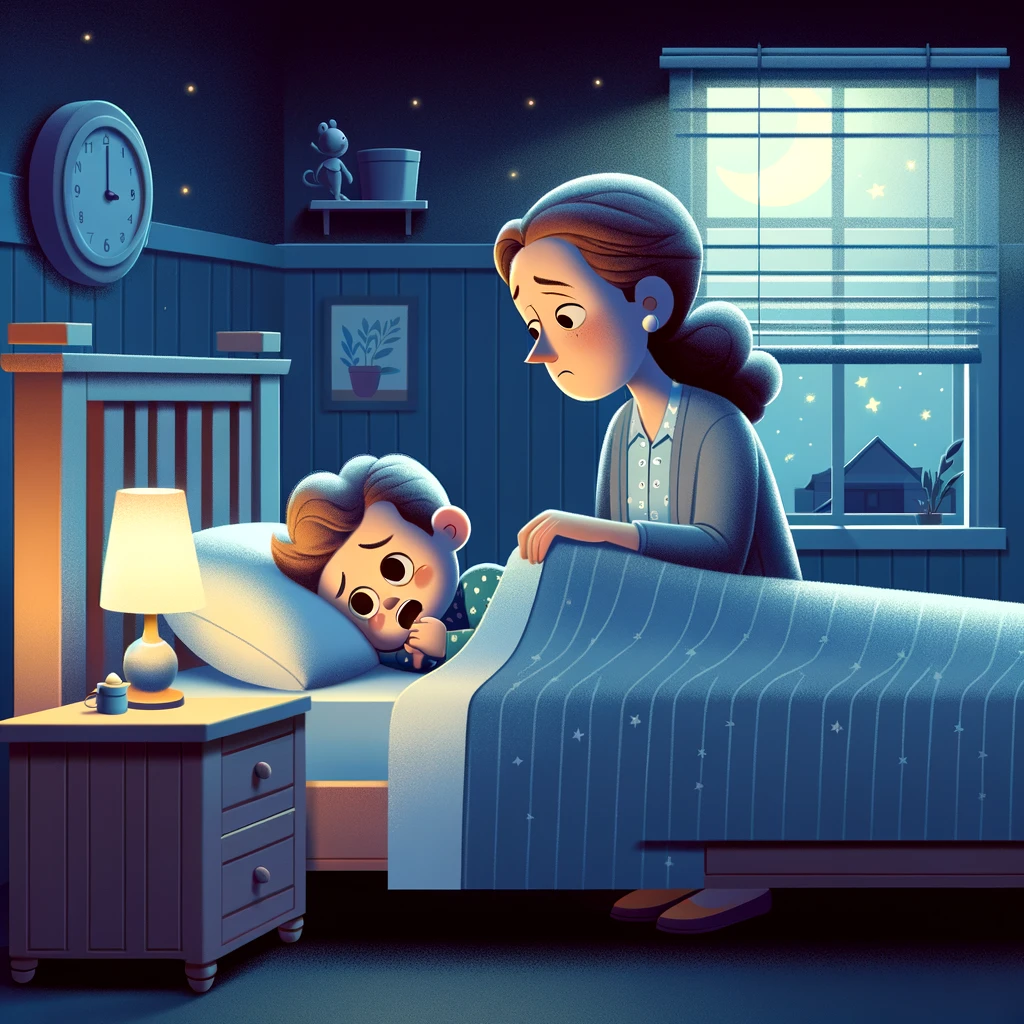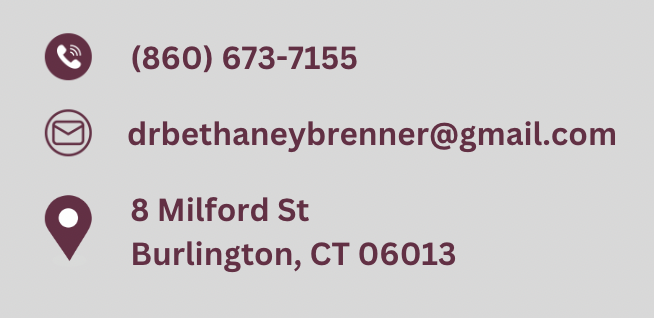Finding a bedwetting treatment in Burlington, CT or the surrounding Hartford areas, that treats the root cause of the problem, can be difficult! If your child is still wetting the bed, you’re not alone. Many children struggle with bedwetting beyond the typical age. As a parent, you’ve probably tried everything: limiting drinks before bed, waking your child during the night, offering rewards for dry nights—but still, every morning brings wet sheets and pajamas.
This guide will cover everything you need to know about stopping bedwetting for your child, including:
- Common causes of bedwetting
- Effective treatment options
- Lifestyle changes and coping strategies
- How to support your child through the process
Let’s work together to help your family get better rest!
Related Articles
Sleep Apnea Symptoms in Children, Signs of Child Sleep Apnea, Identify Sleep Disorders in Children, The Importance of Sleep Studies, Kids Airway Quiz, Pediatric Sleep Apnea, Allergies and Airway, Crooked Teeth and Airway, Bedwetting and Airway, ADHD and Airway, The Vivos Treatment, Sleep Apnea 101
Click The Image and Get a Quote!
What Causes Bedwetting in Children?
Bedwetting, also known as nocturnal enuresis, is involuntary urination during sleep beyond the age of 5 to 7. It’s more common than you might think. About 5-10% of 7-year-olds still wet the bed regularly, and although the rate decreases with age, some children continue to experience it into adolescence.
Bedwetting tends to run in families and is more common in boys and children with developmental disorders. Most kids will outgrow it as their bodies mature, but what exactly causes bedwetting?
Here are some contributing factors:
- Overactive bladder: The bladder may contract and signal the need to urinate before it’s actually full, causing bedwetting even with a small amount of urine.
- Low nighttime bladder capacity: The bladder may not be able to hold as much urine at night, resulting in leaks.
- Deep sleeping: Some children sleep so deeply that they don’t wake up when their bladder is full.
- Hormonal issues: An imbalance in anti-diuretic hormone (ADH) can make it difficult to control nighttime urination.
- Airway problems: Restricted airways during sleep can prevent children from waking up to urinate, leading to bedwetting.
Most children don’t wet the bed on purpose. Their bodies simply haven’t fully developed the connection between bladder control and sleep signals. Patience and understanding are key while we explore treatment options together.
What’s The Root Cause of Bedwetting?
The root cause of bedwetting might surprise many parents: airway obstruction. According to Dr. Bethaney Brenner, issues related to a child’s airway during sleep can prevent them from reaching the deep, restorative sleep phases that are crucial for bladder control. When kids are stuck in lighter stages of sleep, they may not wake up to the signals of a full bladder, leading to nighttime accidents.
This airway obstruction can often be linked to dental concerns, such as crooked teeth or an underdeveloped jaw. These dental issues can restrict airflow, impacting the quality of a child’s sleep.
By addressing these structural concerns, not only can parents see improvements in bedwetting, but they may also notice better overall sleep quality for their children. Dr. Brenner’s approach sheds new light on how dental health might hold the key to resolving bedwetting problems, offering parents a fresh and effective perspective.
Bedwetting Treatment Options in Burlington, CT & Hartford CT
If your child is still wetting the bed at age 7 or older, it might be time to consult with a pediatrician. They can check for underlying conditions such as diabetes, constipation, kidney issues, or sleep disorders.
For most cases of bedwetting, behavioral modifications and lifestyle changes are the first step. These may include:
- Limiting fluid intake before bedtime
- Avoiding caffeine and acidic drinks like juice in the evening
- Encouraging your child to use the bathroom right before bed and possibly waking them up at night to urinate
- Positive reinforcement for dry nights
- Using nightlights or loud alarm clocks to help your child wake up
- Oral appliance therapy
Alternative Treatment Options
If lifestyle changes don’t resolve bedwetting within a few months, medication might be recommended. Possible options include:
- Desmopressin (DDAVP): Reduces nighttime urine production and is available as oral tablets or nasal spray.
- Anticholinergics: Help relax bladder muscles to allow more urine to be held overnight, such as Oxybutynin or Tolterodine.
- Tricyclic antidepressants: Affect the brain’s sleep-wake cycle and are sometimes used off-label for bedwetting.
- Hormone therapy: May be used in cases where hormonal imbalances are contributing to bedwetting.
These medications should always be prescribed and monitored by a doctor, as effects and side effects vary. Bedwetting alarms, which use a moisture sensor to wake the child upon detecting wetness, are another effective, non-medication option with a high long-term success rate.
Exploring the Vivos Treatment for Bedwetting
For a non-medical approach to our bedwetting treatment, consider the Vivos treatment. This method focuses on enhancing sleep-related breathing by addressing jaw development and airway issues. Key components of the Vivos system include:
- Fitted oral appliance therapy: Custom-designed devices to support proper airway function.
- Arch expansion: Creating more space in the mouth and airway to improve breathing.
- Non-invasive: A user-friendly, comfortable option that works with the body’s natural structures.
By targeting the root cause of breathing and sleep issues, the Vivos system can be an effective alternative for managing bedwetting.
To schedule an exam at Dr. Bethaney Brenner’s office in Burlington, CT, call or request an appointment online.
 What Type of Doctor Do You See For Bedwetting?
What Type of Doctor Do You See For Bedwetting?
When dealing with bedwetting, knowing which type of doctor to consult can make all the difference in finding a solution. While most parents typically think of visiting a pediatrician or urologist, there’s another specialist worth considering— a dentist, especially one with expertise in sleep-related issues, like Dr. Bethaney Brenner in Burlington, CT.
Why a dentist? Dentists like Dr. Brenner can provide a unique perspective, examining how oral health might be connected to sleep problems that contribute to bedwetting. Structural issues in the mouth, such as an underdeveloped jaw or a narrow airway, can restrict breathing and lead to disrupted sleep. This lack of restful sleep may be a contributing factor to bedwetting in children.
By identifying and addressing these airway obstructions, Dr. Brenner can help improve your child’s overall sleep quality, which could reduce or even eliminate bedwetting. Often, something as simple as improving the airway can have a significant impact on bedwetting and overall health.
If your child is struggling with bedwetting, don’t overlook the potential role of sleep and airway issues. Consult Dr. Brenner to explore a holistic approach to resolving bedwetting, starting with your child’s oral and sleep health.
Lifestyle Tips to Support Bedwetting Recovery
Our bedwetting treatment work best when paired with positive lifestyle changes. Here are some tips to support your child’s recovery:
- Create a consistent evening routine: Establish set times for dinner, bathing, and bedtime. A routine helps regulate the body’s signals for nighttime bladder control.
- Use the bathroom right before bed: Emptying the bladder before sleep can prevent accidents.
- Avoid scolding for accidents: Handle nighttime accidents calmly and reassure your child. Punishments won’t help and could increase stress.
- Limit caffeine in the evening: Caffeine can irritate the bladder and should be avoided after dinner.
- Encourage daytime bathroom breaks: Regular bathroom visits help strengthen bladder control muscles.
- Prevent constipation: Ensure your child has a healthy diet with enough fiber, as constipation can add pressure to the bladder.
- Consider a bedwetting alarm: These alarms are highly effective for bladder retraining, and progress should be rewarded.
Act Now for Better Sleep and Dry Nights
Imagine the confidence your child will gain waking up dry and refreshed each morning. No more wet sheets or disrupted sleep—just restful nights for your whole family.
If bedwetting is affecting your child’s well-being, contact Dr. Bethaney Brenner in Burlington, CT. Together, we can develop a personalized treatment plan to help your child achieve dry nights and improve their sleep quality.
Here’s how Dr. Brenner can help:
- Comprehensive exam: A thorough screening to detect any sleep or airway issues.
- Home sleep study: If needed, we perform an at-home sleep study to gather detailed data on your child’s sleep patterns.
- Results analysis: A specialist reviews the sleep study data and provides a diagnosis.
- Personalized treatment plan: Dr. Brenner designs a tailored plan to address your child’s specific needs and ensure dry nights.
If you are in the Burlington CT and Hartford CT surrounding areas, contact Bethaney B. Brenner DMD today at (860) 673-7155 to schedule a consultation. The end of bedwetting frustrations is near!
Book Your Consultation Today!
Dr. Bethaney B. Brenner DMD
8 Milford St, Burlington, CT 06013
Driving Directions
(860) 673-7155
Dr. Brenner proudly serves:
Burlington CT, Hartford CT, Harwinton CT, Bristol CT, Thomaston CT, Torrington CT, Canton CT, Avon CT, Plainville CT and Farmington CT.
Bedwetting Q&A’s
What age is considered normal for bedwetting?
Bedwetting is common in children up to age 7. Many kids outgrow it as they develop better bladder control.
Is bedwetting hereditary?
Yes, bedwetting often runs in families. If one or both parents experienced it as children, their kids might too.
What should I do if my child is still wetting the bed after age 7?
If bedwetting continues after age 7, it’s best to consult a pediatrician. They can rule out underlying medical issues.
Can stress cause bedwetting?
Yes, emotional stress from changes at home or school can contribute to bedwetting. Kids may react to stress in different ways.
Are there any dietary changes that can help?
Yes, reducing caffeine and avoiding acidic foods before bed may help. A healthy diet can also support overall bladder health.
What is a bedwetting alarm, and how does it work?
A bedwetting alarm detects moisture and sounds an alert to wake the child. This helps train the bladder to hold urine during the night.
How long does it usually take to see improvement with treatment?
Improvements vary, but many children show progress within a few months of consistent treatment and lifestyle changes.
Can dental issues cause bedwetting?
Yes, dental issues that affect airway function can contribute to disrupted sleep and bedwetting. Addressing these can help improve the situation.
Is there a link between bedwetting and sleep apnea?
Yes, pediatric sleep apnea can disrupt sleep and may be related to bedwetting in some children. A comprehensive evaluation can help identify the connection between ADHD and sleep apnea symptoms.
When should I consider seeing a specialist?
If traditional approaches don’t work, or if your child’s bedwetting is affecting their self-esteem or quality of life, consider seeing a specialist for a tailored bedwetting treatment plan.






